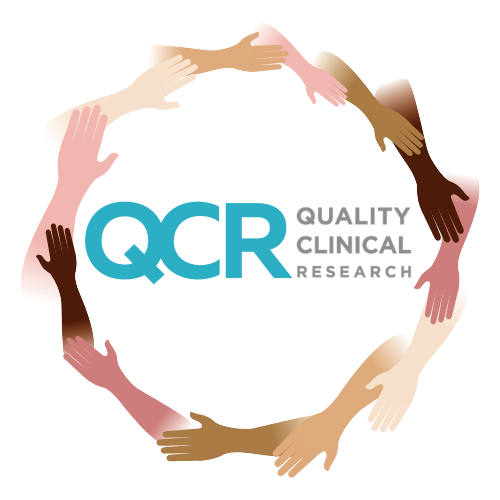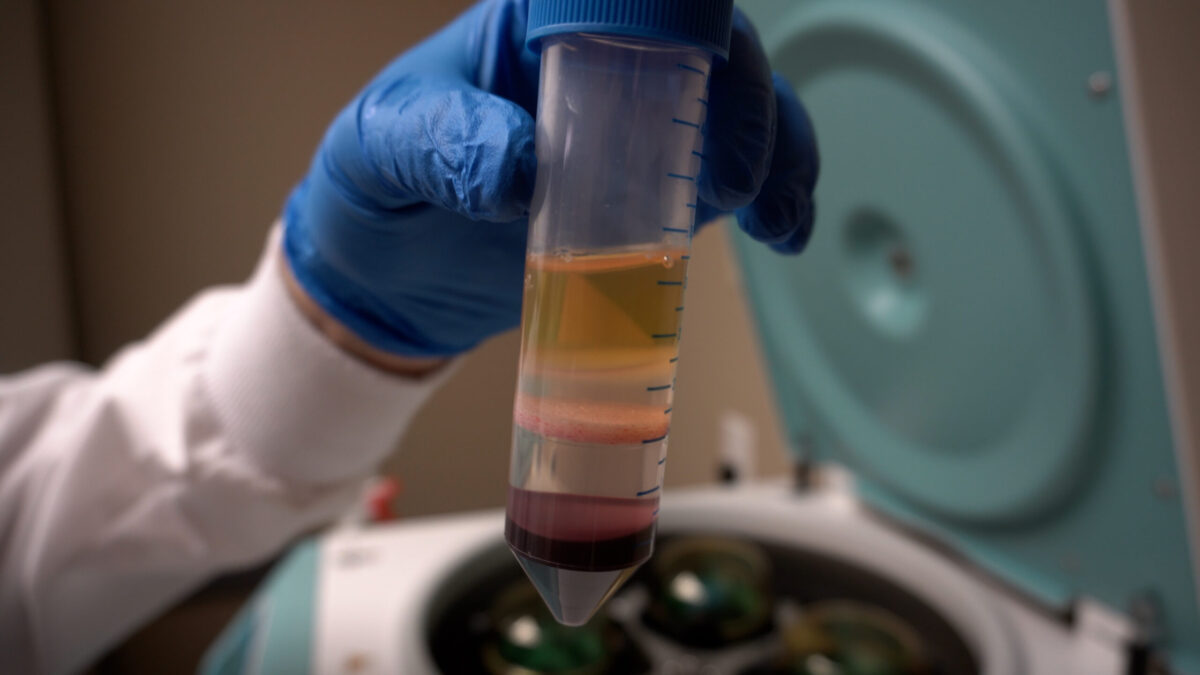
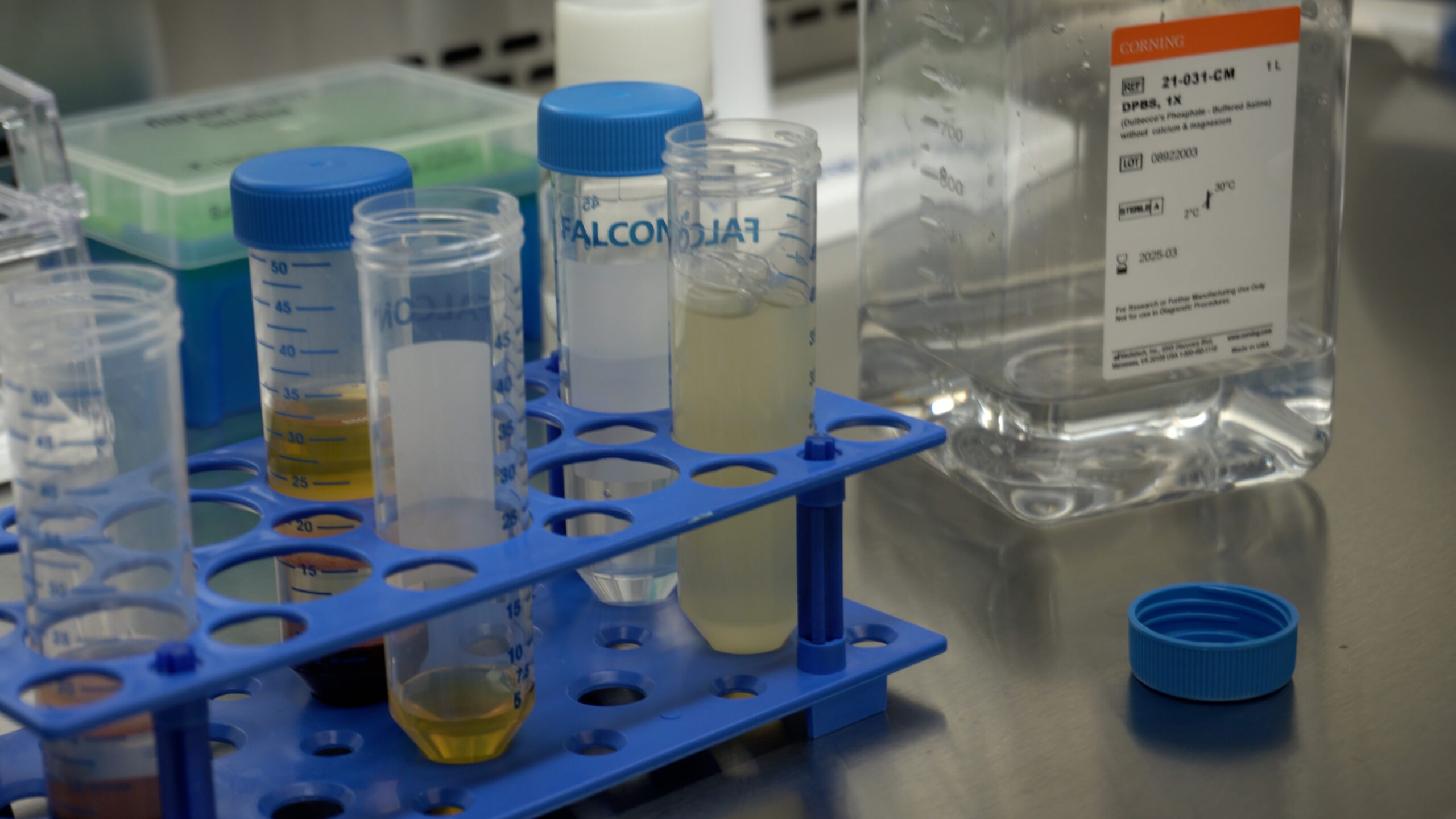
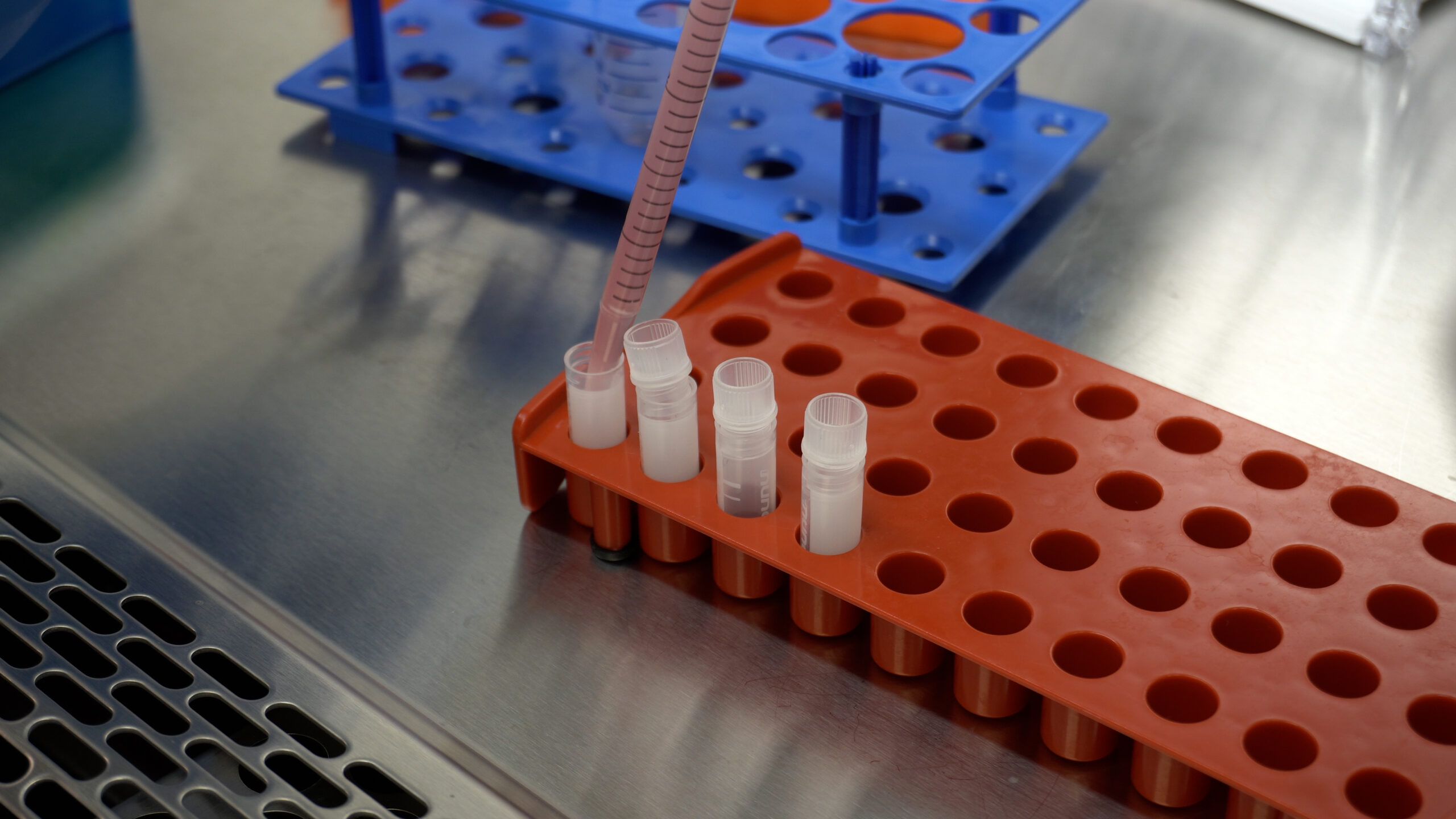
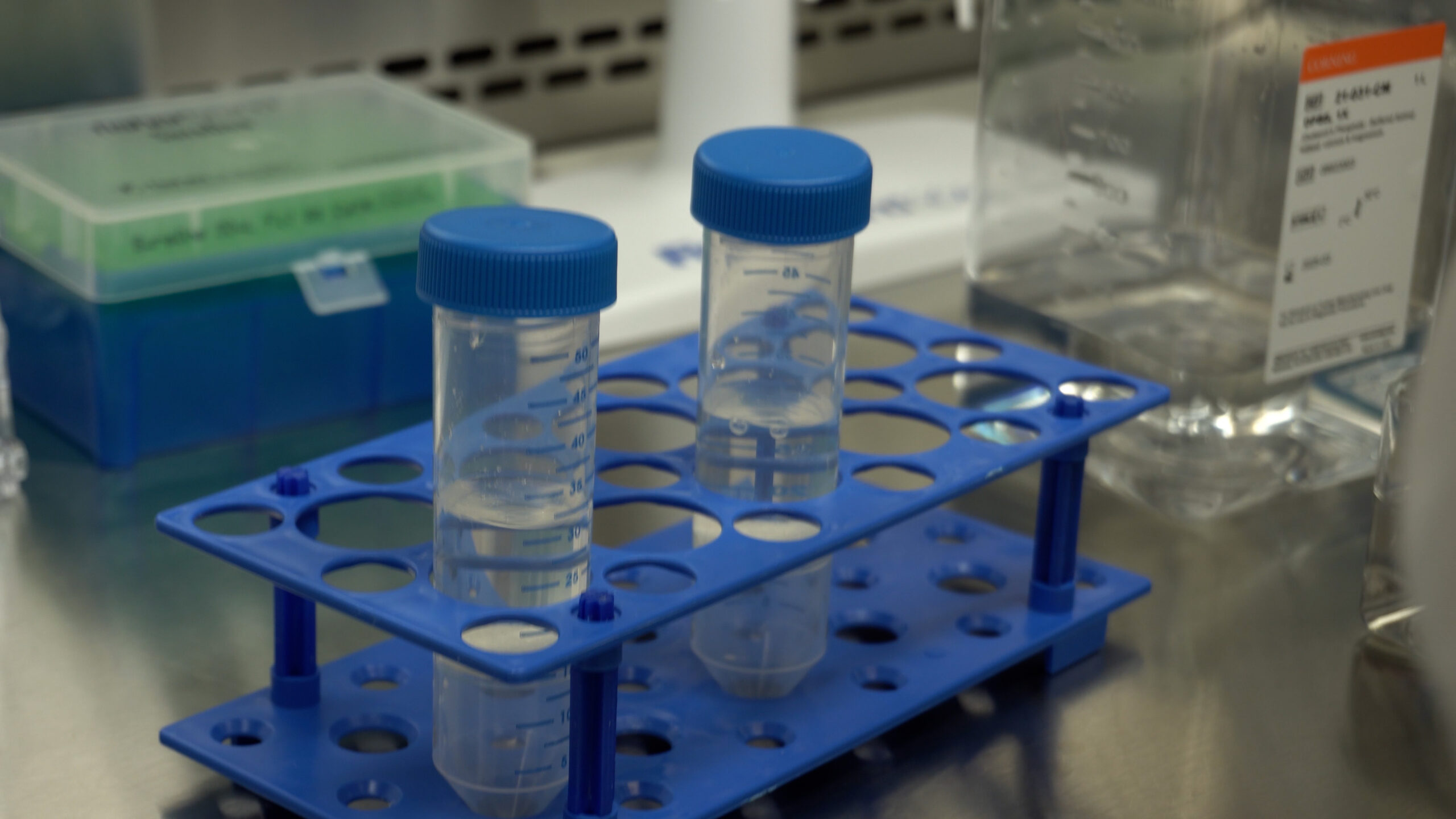
What are PBMCs?
Peripheral Blood Mononuclear Cells (PBMCs) play a crucial role in medical research related to infectious diseases, vaccine development, and toxicology. QCR has invested in state-of-the-art equipment and facilities to conduct this research.
PBMCs are a type of white blood cell that can be isolated from whole blood. They are a critical component of the immune system and consist of lymphocytes, monocytes, and dendritic cells. PBMCs can be used to study a wide range of diseases and conditions, including viral infections, autoimmune diseases, and cancer.
The lab-grade freezers, fridges, and biosafety cabinets that QCR has equipped its lab with are essential for ensuring the quality and safety of the PBMC samples. For long term storage samples are stored in a liquid nitrogen freezer that can reach temps as cold as -196 degrees Celsius (-320 Fahrenheit).
The contact number provided (402-934-0044) is a great resource for anyone looking to learn more about this exciting new development.
Why are PBMC’s important in clinical research?
PBMCs are essential in clinical research for several reasons. They are an essential tool for understanding the immune system’s role in diseases and how it responds to treatment. Here are some specific examples:
Development of cell and gene therapies: PBMCs are crucial in the development of chimeric antigen receptor T-cell (CAR-T) therapy, which is a type of cell therapy used to treat cancer.
Drug development: PBMCs can provide valuable insights into how drugs interact with the immune system. By analyzing PBMCs’ response to drugs, researchers can identify potential side effects and assess the drug’s efficacy.
Patient stratification: PBMCs can be used to identify patients who are more likely to respond to a particular treatment. By analyzing a patient’s PBMCs before treatment, researchers can identify specific biomarkers that can help tailor the treatment to the individual patient.
Biomarker identification: PBMCs can be used to identify specific biomarkers associated with diseases. This information can help diagnose and monitor diseases, develop new treatments, and improve patient outcomes.
